How To Be Alone With Your Thoughts

Circuity: lack of straightforwardness; indirection. Nowadays, we often turn to external resources to tell us what to think and how to think. We let other people shape our opinions and inform us instead of forming our own. Instead of reading about a topic ourselves, we consume opinions on the topic. We’ve shifted from educating ourselves to diluting information so it aligns with our worldview. I fear we might never think independently again.
I’ve been a distance runner for a decade. I can go on 10-20 mile runs with nothing but the sound of my breath and shoes crushing the dirt below me. Whenever people ask me what I listen to, I always respond with nothing. The most common reaction to “nothing” is, “I could never be alone with my thoughts for that long.” I’ve always found this response disappointing, and with time, less shocking. There is so much to consume that it is consuming us. Yet hearing this always leaves me wondering, if you can’t be alone with your thoughts, then how do you know who you are? How do you know what you think? Running opens up my mind to the visitation of thoughts as they flow in and out of my awareness. I can determine where they come from. I can follow my train of thought. Being alone with your thoughts shouldn’t be something scary or unpleasant. It should be a time for you actually to think, form opinions, and understand your direction. Without it, you are building an internal world based on how you are perceived, not based on who you are.
Silence is a type of noise that we reserve. Just as loudness is for times of celebration, silence is kept for observation. As humans are a part of nature, we experience the world through our senses. Our thoughts are influenced by what we see, touch, hear, smell, and taste. To observe our senses, we must exist with them. The first step to being alone with your thoughts is to notice what you are observing. It is to differentiate the natural from the artificial. To realize that some thoughts are not of your experience, but of someone else’s experience that is being projected onto you. There is no beauty standard but the one you are sold to believe. This is a projected experience. Your idea of beauty should be from what you find beautiful, not what some internet trend has declared beautiful. Observations of thoughts involve inquiring about the world we exist in and determining what we think of that existence. You know if you prefer spicy over sweet, or yellow over red. To observe is to be present in the moment you exist in. It is to be still with the experience of your surroundings.
Nonetheless, being present has been overridden by the notification. By the constant distraction of the world that we’ve built. Every time we allow consumption to fill the silence, we are choosing this to occupy our space and fill our time. In the modern media age, we are left to our devices almost constantly. However, we no longer consider ourselves to be the device we are left to. Hardly ever are we allowed a stillness, and without it, we’ve grown impatient. When we are asked to wait, whether it be for a table, a light to turn green, or for the doctor, we sit and scroll to pass the time. We deny ourselves stillness and silence and have replaced them with things that think for us. These things don’t ask us to be patient, but instead demand we be impatient constantly. It’s exhausting.
Logging on to the internet to pass boredom by is like opening the door to a room full of strangers who are either arguing, only want to talk about themselves, or are trying to sell you something. In a physical space, you’d leave immediately. A room so loud would leave a ringing in your ears for hours. This constant noise of others is what follows us around. Even after you’ve parted ways, your ears will take a while to adjust back to silence.
Nonetheless, thoughts are observations, but the more we give our attention to noise, the more likely it is to become an impostor of our thinking. This leaves us directionless in our efforts to recognize who we are through them. Our thoughts tell us something about ourselves; they are representative of our identity. To think is to be. Yet, if we are only renting out our space to these imposters, then we stand no chance of knowing what it is that we think. A false identity is then constructed around these imposters. Thus making us an impostor of ourselves. If you cannot be alone with your thoughts, then who is that you are being?
To drown out your own in exchange for a world of constant, overwhelming, static, keeps you distracted from the physical world you exist in. It is no wonder that increased screen time coincides with higher rates of depression and anxiety.2 The more time spent in these artificial worlds, the more they become a replacement for the real one. Attempting to be a real, physical person and maintain an online identity is like living a double life. There is only one Hannah Montana, and if you’ve ever seen her schedule, it looked exhausting.3 If there’s any lesson I took away from the show, it’s that you can’t live a double life because there is no telling what is and is not real. This is one of the most pervasive features of the internet now, more than ever. Our real-life identities must be maintained for the preservation of truth, yet in the current media landscape, our identities are consistently blurred by a social media forces that ask us to be something other than ourselves.
Being alone with your thoughts is essential for identifying yourself in a noisy world. Social outlets are nothing more than extensions of you that don’t truly exist. Your existence is only as real as you are alive, but the more time spent building artificial worlds that we can’t exist in, the less you are living in the physical. Despite this, receiving notifications keeps us returning. Everyone desires to be desired, and the notification satisfies that.
Addicted to the Notification
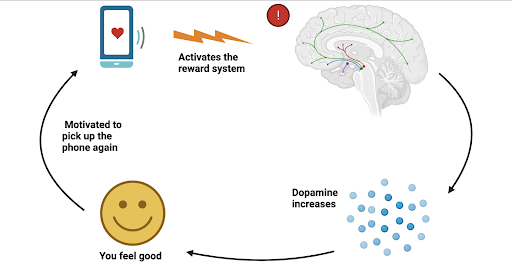
All of this leaves us without direction. We are asked to pay attention to something else, to form some new outrageous opinions that fuel internet fires while we wait for some PR apology. None of that is real. Sparking online debate through rage-bait is just a way to keep us returning to platforms, and giving people platforms. This divison amongst us is only widened the more we actively participate in it. Likewise, our participation in these debates, along with other ways we interact with the internet, is tracked data being used against us.
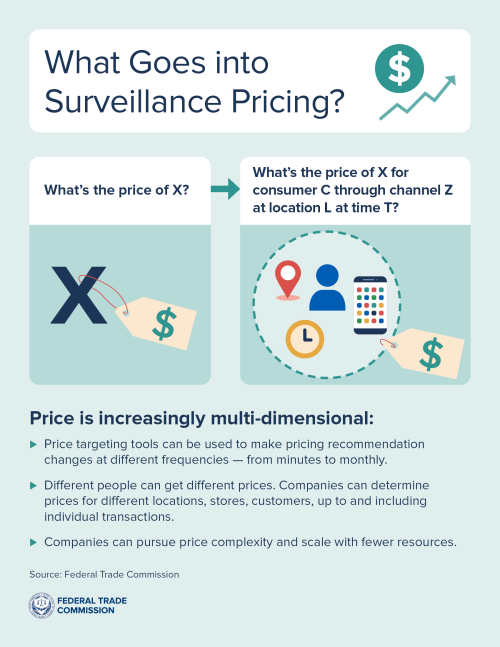
All of that makes me want to throw my phone into the ocean (if that didn’t harm the environment). Let’s just go back to writing letters. It seems that honesty is a thing of the past, and without it, we as a collective are left directionless. Honesty requires trust. However, the constant monetization of every platform, of every person, shatters trust in a system. It makes me think about the PNC commercial where the parents have sold the naming rights to their children because “kids are so expensive these days.”
This leads me to consider how these kids will navigate the world that is being falsified before our eyes. Direction is found in stillness, but this requires that we have the time to be still. That we have the time to not be worried about the future or concerned with the past. Our sense of direction is discovered through observation. By being still, we notice the world around us. When we are silent, we notice what we might otherwise be missing. Instead, the modern world prevents us from having these moments as it tells us what we should notice. They tell us what we are missing, and then sell it to us. Because if they stopped, and we had this time, we might realize how much we already have and how little we need. In their absence, we might notice our satisfaction.
The second step to being alone with your thoughts is to minimize distractions that demand your attention. It is to recognize that in a hurried world, time won’t be given. You must be decisive with the time you take and the time you give. By putting yourself in situations where it’s not an option to access someone else’s opinions and ideas of how you should be living, so that you can decide these things for yourself. Go for a walk and don’t listen to anything but the sounds of birds, passing cars, and whatever else you stumble upon in your experience. Take five minutes to stretch and be in silence. Reconnect to your presence and know who it is you are sitting with when you are alone. These things will be more cumbersome when inner peace has been stripped away by the intrusions of exterior planes of existence. You must know that you can be with your thoughts and remain stable. You can occupy your mind with present experiences. However, the time problem unveils itself here as a foundational issue with the layout of our society. That time to become ourselves is a luxury, instead of a right.
The Time Problem
Over the last year, I’ve run two marathons. Which means I’ve had to train for two marathons. This left me with hours that I spent alone in contemplation. While contemplating the world isn’t an issue for me, I understand how heavy these topics can be to lift individually. Regardless of the topic of thought, I can’t help wondering if being alone with my thoughts is easy for me because I’ve had this discipline of running throughout my teenage and young adult years. When I’m looking for an answer to something, I almost always find it by the time I’m done running. Not because something mystical happens, but because I’ve allowed myself to assess all the possible answers. That being said, I also understand that I’m lucky to have this time. Though I do find that considering myself “lucky” to have the time to exercise, to be alone with my thoughts, to be a problem.

Recently, I stumbled across an article titled, “Dramatic lifestyle changes can fight early-stage Alzheimer’s, study says. Here’s how.” As someone who works in geriatric research, I spend a lot of time conducting cognitive assessments with older adults. I know that exercise, sleep, and social connection are the three most important factors in combating the disease. This is not to say that the article doesn’t have useful information for people to read. It is to say, however, that these changes are all ultimately tied to the same problem: the ownership of time is not in our hands.
We can encourage people to be physically active, get enough sleep, and maintain relationships all we want, but how can we expect these things when people don’t have the time to pursue them? Today, during my run, I spoke with a pharmacist who had happened to take a break at the time I did to check out a new section of the trail. Our conversation led to a discussion on the importance of keeping moving and staying active throughout our lives. He mentioned how we weren’t meant for sedentary work, we aren’t built for it. I found that humorous, as I had already written the following about how the aging population was expected to work in sedentary roles. Nonetheless, without taking the time for ourselves, we might miss these small coincidences that are like little messages guiding us in a direction.
Anyways. When we consider that most of the aging population’s day had been committed to work or commuting to and from, leaving them with little time to exercise, then these statistics aren’t as surprising. Half of adults in the U.S. have high blood pressure, and while genetics plays a role, so do lifestyle factors (which are often passed down) such as physical inactivity, not getting enough sleep, high-stress situations, and poor diet.

These things are not independent of each other. Our time, whether it be through the demand of attention from artificial worlds or from the standardized work week, is not in our hands. Time is something we are in creation with, and its subjective passing demonstrates that it cannot be standardized into a one-size-fits-all. The 40-hour work week has harmed the collective, and while it’s an improvement from previous labor movements, there is still a demand that our lives be dominated by work. By something other than ourselves. American culture has come to embrace that work and productivity are tied to self-worth, while promoting time to ourselves, to relax, as unproductive. However, my generation is working to make changes to the workplace that reflect these beliefs.8 The collective still works for the same few companies, owned by the same few people, and our thoughts are dominated by them. Our time is corrupted, occupied, and infringed upon.
If we know what we need to be doing to be a healthier, happier society, then we need to make the changes that will facilitate this. People need time. Time to exist in the world as themselves, time to sleep, to eat, to socialize, and to develop hobbies. Without this time, we will continue to lack direction, which consequently exacerbates the mental crises that have raptured the online generation. Younger generations don’t know who they are because they don’t have the time to figure it out, so they seek to be told who to be. It’s a cycle that continues until we stop participating and spend time with our thoughts.
Raw, Natural Thought
At the end of all this, we are the ones facing a choice. To be alone with our thoughts is to abandon the idea that we must exist somewhere other than where we are right now. If your thoughts are tied to the external planes of existence that are not of the physical, then you haven’t disembarked from the thought trains that you aren’t in control of. The fear of being alone with your thoughts is that the thoughts will consume you. That being distracted is far better than being present. I beg to differ. Separating yourself from these artificial worlds will aid in the discovery of your thoughts, along with the worlds you can create and consider.
Returning to your thoughts is returning to the body. It is recognizing all the things that move you and freeze you. This is the last step, to return to your physical form, to the breath that keeps you alive. The breath is a place of stillness and silence, and finding your pattern will settle you into your body. When I go for a run, I can recognize my stress immediately based on how I’m breathing. If my breath isn’t still, if it’s not a pattern, it sends me into a state of overwhelm. I feel panicked. Yet this is one of the many reasons why I go for a run. It tells me something about my body that I wouldn’t hear otherwise. To notice your thoughts is to notice yourself in a changing world. That you are not separate from any entities that surround you, but are a part of the great existence that is. The breath is a focal point that allows you to find the center, and stability enables you to be alone with your thoughts.
Natural thoughts are those that come from our curiosity about the world around us. They are those who come to us by experiencing the world and exploring what it means to be ourselves. All extensions of us provide further insight into the human experience. Art tells us something of our technological advancements and our ideas about the world. What we’ve come to create from nothing, but imagination alone, tells us the greatest stories of humanity. We can construct universes of fiction, cities of innovation, and discover evidence of natural elements that are found in us and around us. Our thoughts are a series of possibilities that can become something. To think is to be.
“I think, therefore I am.” - René Descartes
References
University of Maine. “Social Media Statistics Details.” Undiscovered Maine, Apr. 2023, umaine.edu/undiscoveredmaine/small-business/resources/marketing-for-small-business/social-media-tools/social-media-statistics-details/. ↩
Devi, Khumukcham Anupama, and Sarva Daman Singh. “The Hazards of Excessive Screen Time: Impacts on Physical Health, Mental Health, and Overall Well-Being.” Journal of Education and Health Promotion, vol. 12, no. 1, 1 Nov. 2023, www.ncbi.nlm.nih.gov/pmc/articles/PMC10852174/, https://doi.org/10.4103/jehp.jehp_447_23. ↩
Lewis, Isobel. “Miley Cyrus Shares Intense 12-Hour Work Schedule from Her Teenage Years.” The Independent, 30 Aug. 2023, www.the-independent.com/arts-entertainment/music/news/miley-cyrus-schedule-hannah-montana-child-star-b2401646.html. Accessed 3 Aug. 2025. ↩
FTC. “FTC Surveillance Pricing Study Indicates Wide Range of Personal Data Used to Set Individualized Consumer Prices.” Federal Trade Commission, 17 Jan. 2025, www.ftc.gov/news-events/news/press-releases/2025/01/ftc-surveillance-pricing-study-indicates-wide-range-personal-data-used-set-individualized-consumer. ↩
Alzheimer's Disease International. “Dementia Statistics.” Alzheimer’s Disease International, 2020, www.alzint.org/about/dementia-facts-figures/dementia-statistics/. ↩
Doctrow, Brian. “Risk and Future Burden of Dementia in the United States.” National Institutes of Health (NIH), 13 Feb. 2025, www.nih.gov/news-events/nih-research-matters/risk-future-burden-dementia-united-states. Accessed 2 Aug. 2025. ↩
Wein, Ph.D., Harrison . “Sleep on It.” NIH News in Health, Apr. 2013, newsinhealth.nih.gov/2013/04/sleep-it . Accessed 2 Aug. 2025. ↩
Donelan, Chloe. “Gen Z in the Workplace: How Should Companies Adapt?” Johns Hopkins University, 18 Apr. 2023, imagine.jhu.edu/blog/2023/04/18/gen-z-in-the-workplace-how-should-companies-adapt/. Accessed 3 Aug. 2025. ↩
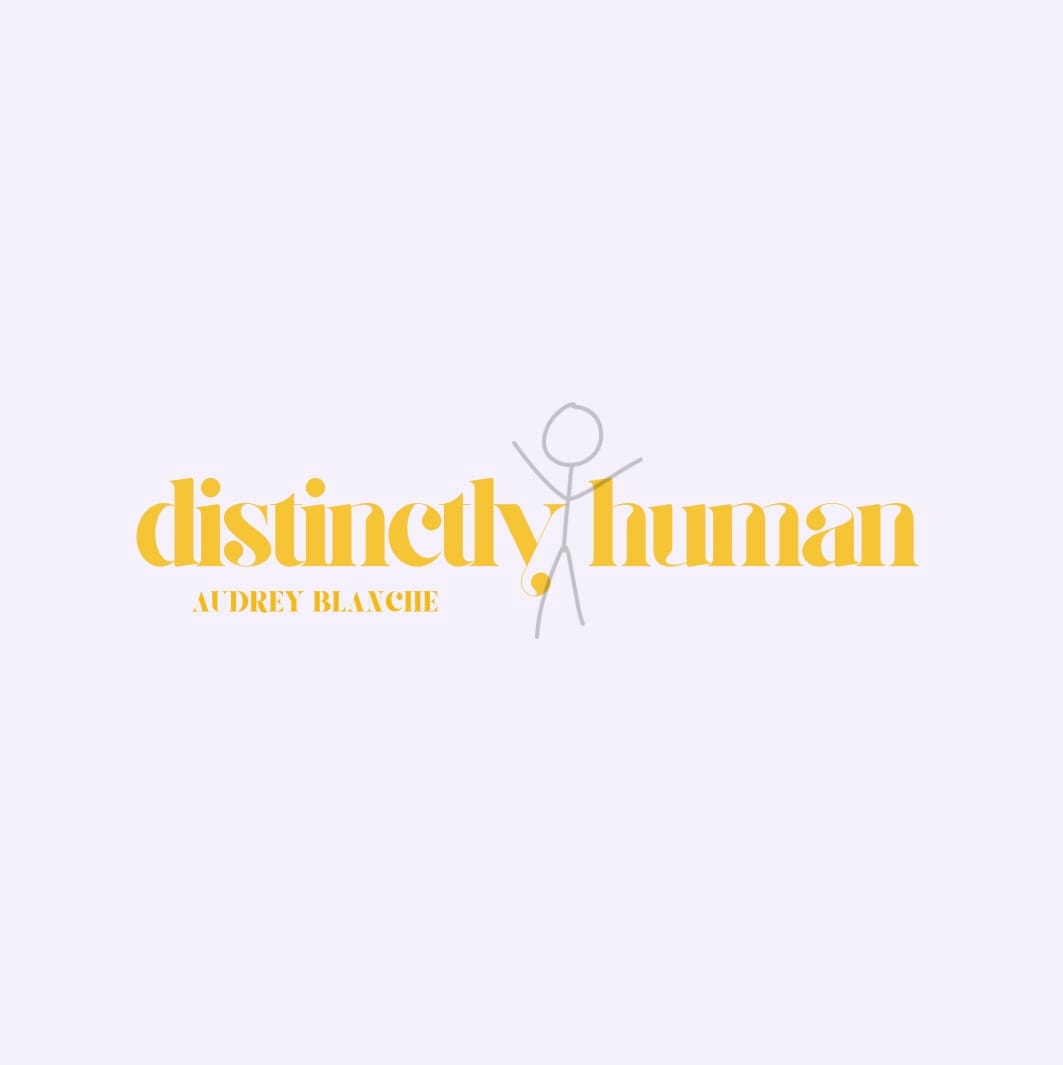

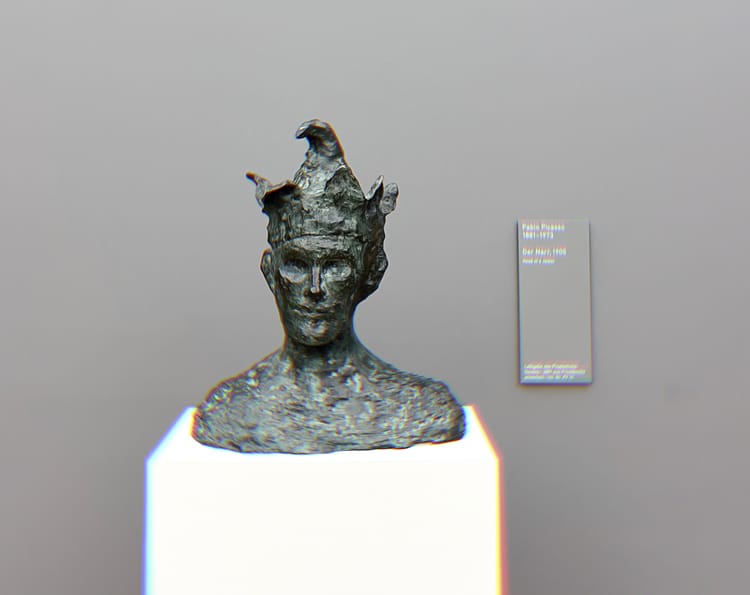

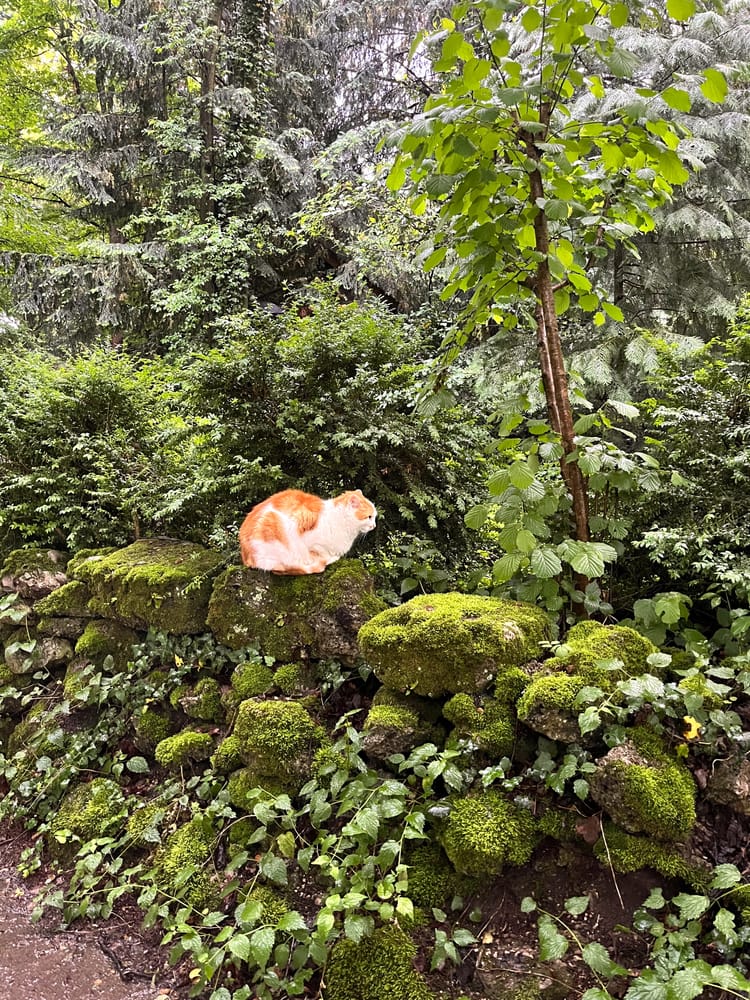

Member discussion